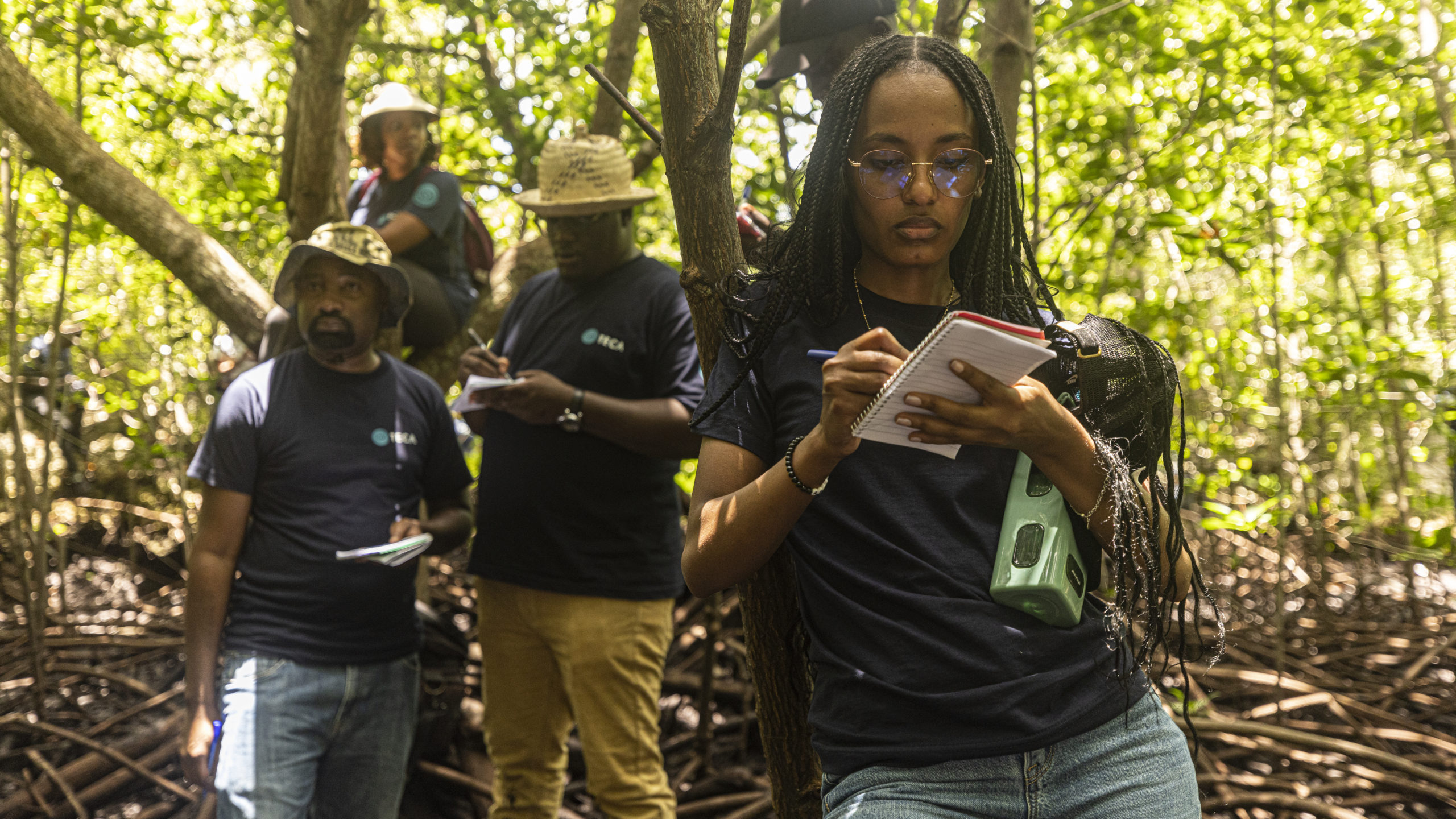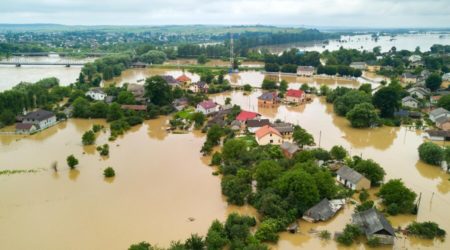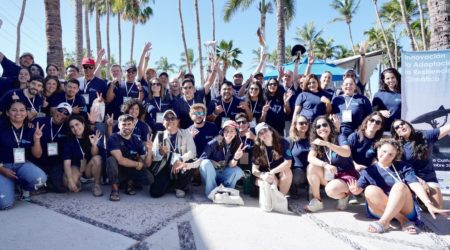From Seed to System: How TECA is bringing emerging climate tech markets to a turning point

As climate risks intensify globally, it’s clear that the solutions of tomorrow cannot be built with yesterday’s tools. At TECA ( Triggering Exponential Climate Action ), we believe in nurturing not just ventures but the ecosystems they need to thrive. Our approach is built on a simple insight: meaningful innovation emerges when finance, talent, policy, and partnerships move together.
As shared in a previous blog inspired by the Carlota Perez Theory, innovation ecosystems evolve in distinct phases. The birth of a new emerging tech ecosystem starts with irruption (i.e. a new set of solutions emerge) and is followed by a frenzy of many new businesses attempting to solve for similar problems in similar value chains. For instance, consider data and monitoring solutions for voluntary carbon markets. TECA aims to create such a frenzy while simultaneously helping the ecosystem push past the turning point, which is usually marked by a collapse event. One could interpret the current decline in startup funding in Africa as a collapse event, marked by the stalling of logistics companies such as Sendy and Twiga Foods.
TECA’s Theory of Change outlines how we’re working to catalyze and navigate these shifts from reskilling the workforce to funding promising ventures and shaping enabling environments. Each step is designed to unlock a deeper transformation layer, with local organizations and entrepreneurs at the center.

Building from the ground up
Innovation doesn’t begin in boardrooms or funding rounds; it starts with people. That’s why our priority is the green workforce. A TECA fellow begins their journey with a series of foundational alignment sessions, ensuring that if they enter the venture building phase, they are equipped with the knowledge to understand their customers, construct effective business models, and prototype rapidly. Importantly, they are also provided with frameworks for understanding what investors want, whether concessional finance, venture capital, or debt.
While not all fellows will advance to the next phase, we’re helping early-career professionals and entrepreneurs gain the confidence and capabilities to lead in climate-critical sectors. Fifty-two percent of our fellows who did not qualify for deeper venture building use their newfound background to secure influential careers such as a private sector partnership lead for a climate NGO, a manager in a microfinance institution, or a blue economy advisor for a development finance institution. Twenty-four percent of the fellows continue to build a climate tech startup outside the program.
Ventures with purpose and proof
Great ideas often die early, not because of a lack of ambition but because of a lack of support. In Africa, the five-year survival rate of startups is about 25%. TECA’s venture-building model is designed to shift this pattern. We help early-stage teams validate their products, build resilient business models, and connect to the capital and expertise they need to grow. Our two-year survival rate is 45% above the regional average, i.e., 70%.
Our critical support includes seed funding, specialist venture acceleration support, female founder well-being support, tailored advisory, and access to investor networks. Our goal is not just to launch ventures but to help them cross the critical early thresholds, or as Y Combinator calls it, the ‘trough of sorrow‘. However, it’s not just about business metrics. From conceptual prototype to customer traction, we keep climate impact central to the companies’ business models, ensuring we build a climate-resilient climate tech market.
Connecting the ecosystem
No single actor can drive climate innovation alone. TECA invests in building the connective tissue across accelerators, research institutions, corporations, and government agencies. From co-hosting innovation events to shaping inclusive policy discussions at critical conferences, we ensure that climate innovation becomes mainstream across sectors, not siloed within niche programs.
This cross-sectoral collaboration is key. When a startup tackling coastal flooding, like Xi Bassile, can partner with a legacy infrastructure operator, or when government regulators can test new products in a safe, co-designed sandbox, like with Altruistech, the ecosystem shifts from fragmented to synergistic.
It’s important to note that TECA is an ecosystem enabler, not a cornerstone. While the program expands to new geographies, such as West Africa, the intention is to still abide by locally led principles of adaptation. This means we work alongside stakeholders who will hopefully integrate TECA’s solutions, ecosystem learnings, and momentum, and continue with waves until the foreseeable future.
Unlocking capital flows
Finance remains the most significant barrier to climate innovation. Few financial instruments are tailored to early-stage ventures’ risk profiles and time horizons. TECA addresses this by offering blended finance, i.e., patient debt and philanthropic capital, and collaborating with investors and banks to pilot new instruments that make capital more accessible and aligned. For each wave, we work with pre- and post-TECA pipeline actors to promote a smooth funding and technical assistance continuum.
We also support ventures in navigating the investment process, equipping them with tools, building capacity for better fundraising, and showcasing ventures through investor days and collaborative funding models. For example, we are currently developing the TECA Investor Explorer Pack, which will provide early-stage investors, particularly angels, with the background startup information they crave to make investment seem less risky and more exciting.
While TECA collaborates with partners outside BFA Global, BFA also houses several later-stage venture-building programs, including ClimaFii and the Jobtech Alliance. Our relationship with Catalyst Fund also ensures that TECA companies are guided on the right path to meet later-stage accelerator investment criteria.
The Vision: Locally led, systemically supported
By 2030, we envision a frenzy of climate ventures and green workforce leaders driving measurable resilience in the emerging markets we operate in. These networks will be locally led, economically sustainable, and recognized globally for their ingenuity and impact.
TECA is not a short-term program. It’s a long-term commitment to building the scaffolding of a new climate economy that reflects the urgency of the moment and the potential of local solutions. While 2030 is a landmark year for the Sustainable Development Goals, TECA is building for the long game as many new emerging tech markets mature in decades, rather than years (e.g. PayGo solar took over 15 years). TECA is planting the seeds now for a more resilient, inclusive future.



